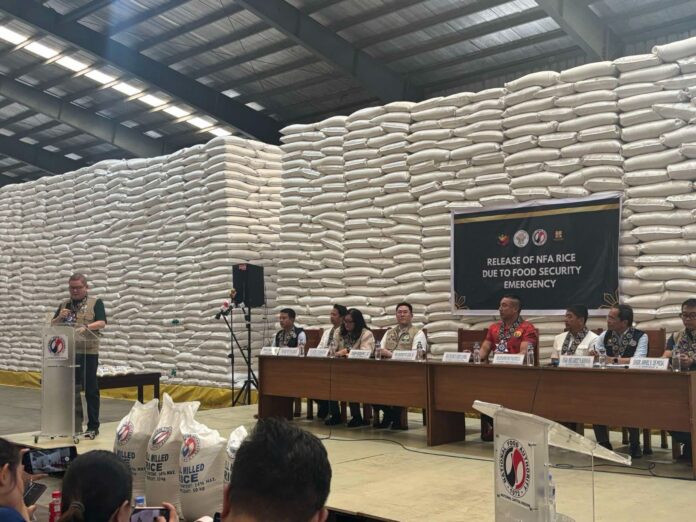Agriculture Secretary Francisco P. Tiu Laurel Jr. is steeling himself for a political firestorm—and a social media onslaught—as the National Food Authority (NFA) prepares to auction off up to 60,000 metric tons of aging rice stocks.
The auction, scheduled for October, will begin after NFA offers the stocks first to government relief and other agencies. The stock sale aligns with the announcement of President Ferdinand Marcos Jr. to suspend rice imports for two months beginning September 1, in a bid to lift palay prices during peak harvest.
“Make no mistake—we expect critics to pounce the moment we hold the auction,” said Tiu Laurel, who also chairs the NFA Council. “They’ll say the rice is weevil-infested, of poor quality, and accuse us of negligence. But this is the inevitable consequence of stripping the NFA of its full powers under the Rice Tariffication Law.”
The agriculture secretary pointed out that RTL hinders the agency’s ability to rotate stocks promptly and has stifled investment in proper storage infrastructure such as silos and temperature-controlled warehouses.
“Unless we’re allowed to manage our stocks more efficiently and invest in long-term storage, spoilage will continue to haunt us,” he warned.
The upcoming auction will serve multiple purposes: avert a possible supply shortfall, create warehouse space for fresh palay from local farmers, and dispose of rice nearing spoilage. Stocks are deemed “aging” after three months post-milling.
A graduated pricing scheme will be applied, with floor prices ranging from P27.96 to P25.01 per kilo depending on the storage age of the rice.
The NFA currently holds a buffer stock of 450,000 metric tons—sufficient for 12 days of emergency national supply. The volume up for auction represents about 1.2 million sacks, or roughly 13 percent of the buffer.
A prior plan to auction off palay was shelved after market prices dropped.







